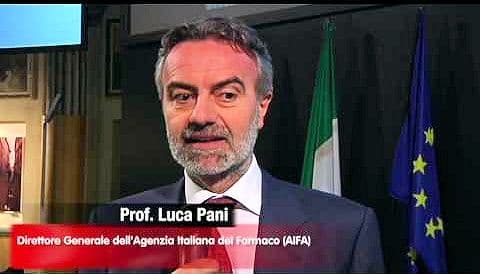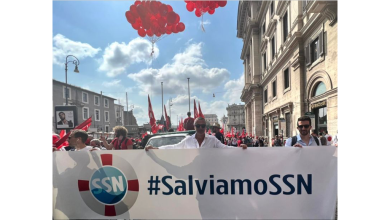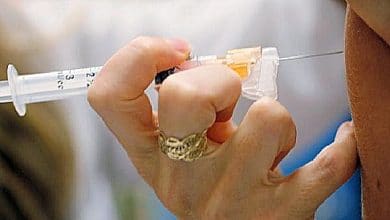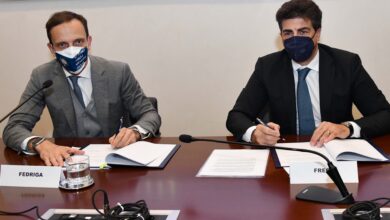
Now AIFA threatens: as a regulatory agency we have reminded the doctors that if there are irregularities in the reports we will not be the ones to deal with them but someone else less understanding. The veiled reference is to Nas, the Guardia di Finanza and the Court of Auditors which could identify crime profiles, "if the reports increase on certain batches of equivalents and direct them to prescriptions for "branded" drugs".
Tuesday, 23 September 2014 – Doctor33
«I repeat, there has been too much increase in reports of adverse reactions on patients concomitantly with the prescription of equivalent drugs.» The director general of the Medicines Agency
Luca Pani is worried. In 2014, the reports of family doctors on the National Pharmacovigilance Network files recorded a boom that AIFA has not yet disclosed, and the surge in the face of non-serious and expected reactions appears anomalous. Pani does not give numbers confirming the warning contained in a recent Press release:
 «In some regions and in some Local Health Authorities there have been agreements with family doctors on the basis of which the replacement in the pharmacy of a branded product with a generic equivalent is not activated only in the presence of an adverse reaction on a patient reported by the pharmacovigilance form. Now, especially in a large area and in a large city, reports have increased abnormally this year and as a regulatory agency we have reminded the doctors that if there are irregularities we will not deal with them but someone else less understanding. The veiled reference is to Nas, the Guardia di Finanza and the Court of Auditors which could identify crime profiles, "if the reports increase on certain batches of equivalents and direct them to prescriptions for "branded" drugs".
«In some regions and in some Local Health Authorities there have been agreements with family doctors on the basis of which the replacement in the pharmacy of a branded product with a generic equivalent is not activated only in the presence of an adverse reaction on a patient reported by the pharmacovigilance form. Now, especially in a large area and in a large city, reports have increased abnormally this year and as a regulatory agency we have reminded the doctors that if there are irregularities we will not deal with them but someone else less understanding. The veiled reference is to Nas, the Guardia di Finanza and the Court of Auditors which could identify crime profiles, "if the reports increase on certain batches of equivalents and direct them to prescriptions for "branded" drugs".
Pani does not specify the ASL where the agreement was concluded. But he gets the reply from Silvestro Scotti number two of the Fimmg union: «Okay, one can also think of the bad faith of some family doctors. But let us remember that it is less and less possible for the GP to block the replacement of the drug prescribed by the pharmacist. In regions such as Sicily and Emilia Romagna, where the memo is printed instead of the prescription, the management systems now block the possibility of reporting that a patient needs the "branded" drug because he is experiencing adverse reactions. So the doctor thinks twice before forcing the system, unless it is necessary. I would also point out, for "balance", a problem generated in the pharmacy, the "zapping" from generic to generic, already advanced by Federanziani: the doctor prescribes an equivalent but for the same cost the pharmacist replaces it, sometimes confusing the patient. A few years ago I asked Aifa to provide data on the incidence of "substituted" generic drugs in pharmacies on the entire expenditure incurred by the NHS for the generic, Aifa has the flows and Pani told me that he would provide them. We wait for them."
Mauro Miserendino
Related news: Too many adverse reactions to generics. Aifa: report responsibly





